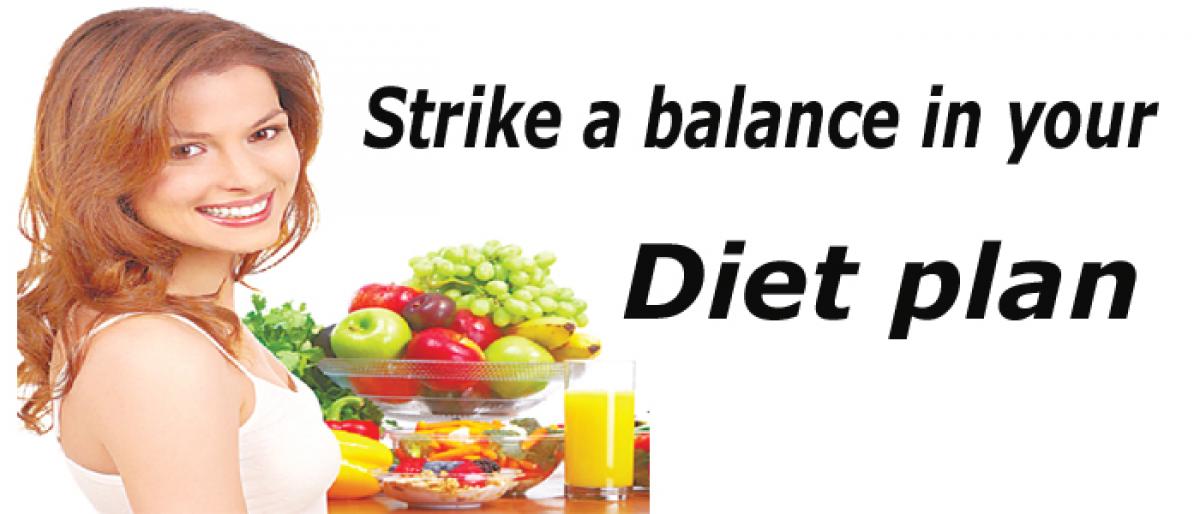Live
- Khadar strikes the right key at CPA Wants more Federal features in State-Centre relationship
- Nazim Inamdar on Building Be Harami, Instagram’s Favourite Meme Page
- MATTER to open its maiden Experience Hub in Ahmedabad soon
- Bigbasket concludes 2nd Edition of 'Tata Ultra Marathon Promo Run'
- Cauvery water to 110 villages around Bengaluru by Vijayadashami: DCM DK Shivakumar
- Samarjit in the lens of Dharma and Lyka Productions
- Rediscovering a Forgotten artform: Seagram’s 100 Pipers Breathes New Life into Indian Calligraphy with The Legacy Project
- SP Gaikwad Receives 14 Complaints in Prajavani Program
- Made in India Hyundai EXTER Lands on the Shores of South Africa
- Headphones, remastered: Introducing the Dyson OnTrac™ Headphones in India









